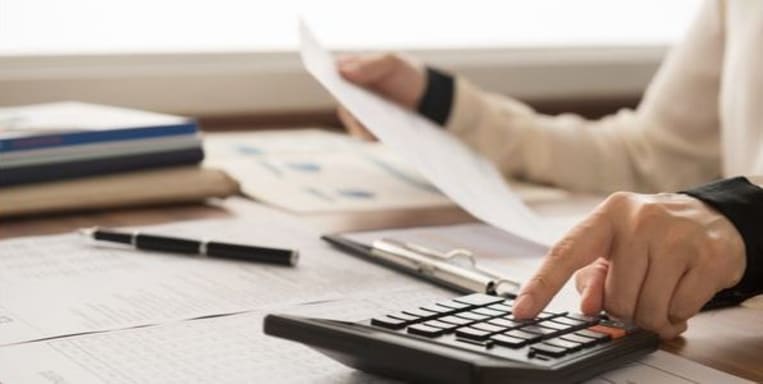
New Business Tip: What to know about taxes when starting a new business in Canada

Tax (Shutterstock)
If you are starting your own business, don't forget about taxes! For many new business owners, taxes are one of the most confusing parts of switching from a full-time position to self-employment.
Understanding what taxes you should pay, when they are due, and how to make payments can make a real difference in the financial health of your new business. The following tips can help you understand how small businesses are taxed.
Understanding small business tax requirements
- Start thinking about taxes early. Don't wait until May 1 to figure out your business taxes. You need to understand your tax obligations and organize your finances as you start and grow your business.
- Understand how your business structure impacts your taxes. The business structure you choose, whether a sole proprietorship, partnership,or corporation, will impact what type of provincial and federal tax returns you will file each year. If you've already chosen a business structure, use it as a starting point for researching business taxes.
- Find out if you need an GST/HST and/or business number.
- Plan for income tax. All businesses must file annual income tax returns. Your business structure will determine what forms you use to file and whether you need to make quarterly estimated tax payments.
- Account for employment taxes. If you have employees working for your business, you'll be also responsible for your contributions to your employees' Canada Pension Plan, Employment Insurance, and income tax from amounts paid. Most employees in Canada are also entitled to Workers Compensation. Check with your provincial government regarding this requirement.
- Calculate self-employment taxes. Self-employment income is reported on line 13500 to line 14300 of your income tax and benefit return. This income may be earned from a business you operate yourself as a sole proprietorship or with someone else as a partnership.
- Self-employed Canadians can also register to be eligible to receive Employment Insurance benefits. For more information go to EI special benefits for self-employed people.
- Find out if you need to pay excise and/or property tax. If your business has a physical location, find out if you'll owe property tax on them. In Canada excise taxes are normally paid on fuel-inefficient vehicles, automobile air conditioners and certain petroleum products.
- Research provincial business taxes. In addition to federal taxes, you may also need to pay provincial taxes. Again, look up your province's website to find out the tax regulations for small businesses where you live.
- Research, research, research. Depending on your business structure and industry, as well as where your business is located, there may be extra taxes you need to pay or additional tax requirements. Always do plenty of research before it's time to turn in your tax payments.
- Keep good records. Keep a running file containing all your financial records, including business expenses, with receipts and invoices to ensure you take advantage of all business deductions to which you are entitled. Make record-keeping easier by opening separate business accounts for business transactions, so you don't have to filter out personal transactions down the road.
- Hire an accountant and tax preparer. If you feel out of your depth doing all the tax research and filing all the necessary forms, consider hiring an accountant and enlisting a tax preparer. An accountant or accounting software can help you keep your business's financial records up to date. A tax preparer will look at your financial records and help you calculate and understand your tax obligations.
For more information
Learn more about hiring a tax preparer, selecting accounting software, and preparing your business for tax season. Visit the BBB Business HQ for more tips and information on starting and running a small business.
Visit BBB's new business hub to learn more about starting your own business!
Still Need Assistance?
Contact Your Local BBB
Your local Better Business Bureau can assist you with finding businesses you can trust. Start With Trust®.
Additional Resources
Let BBB help you resolve problems with a business
Research and report on scams and fraud using BBB Scam Tracker
Learn more about the value of BBB Accreditation